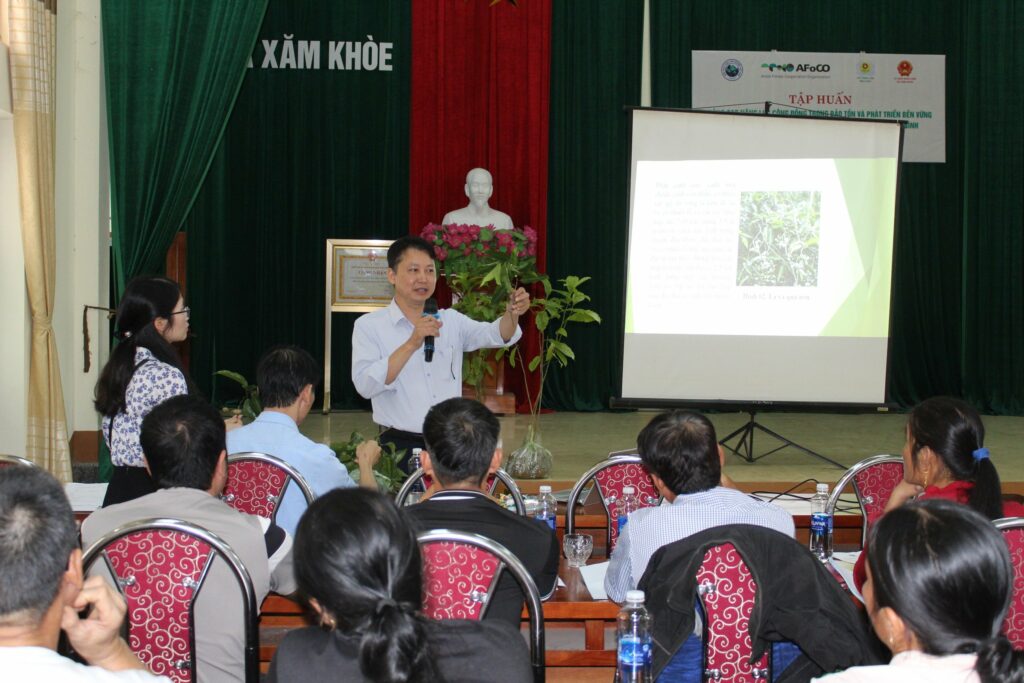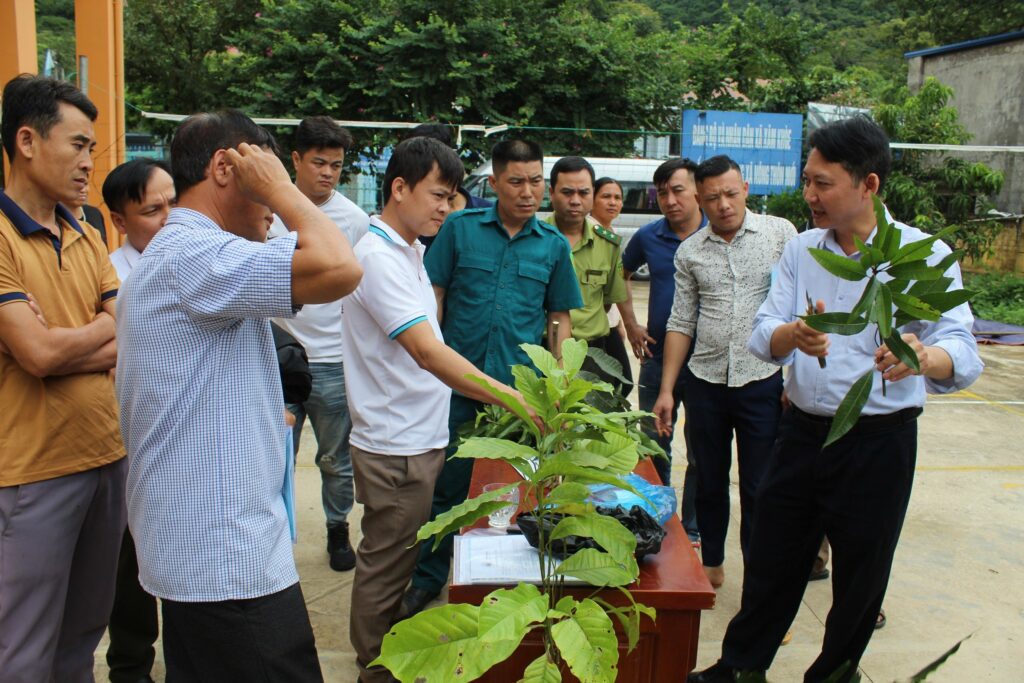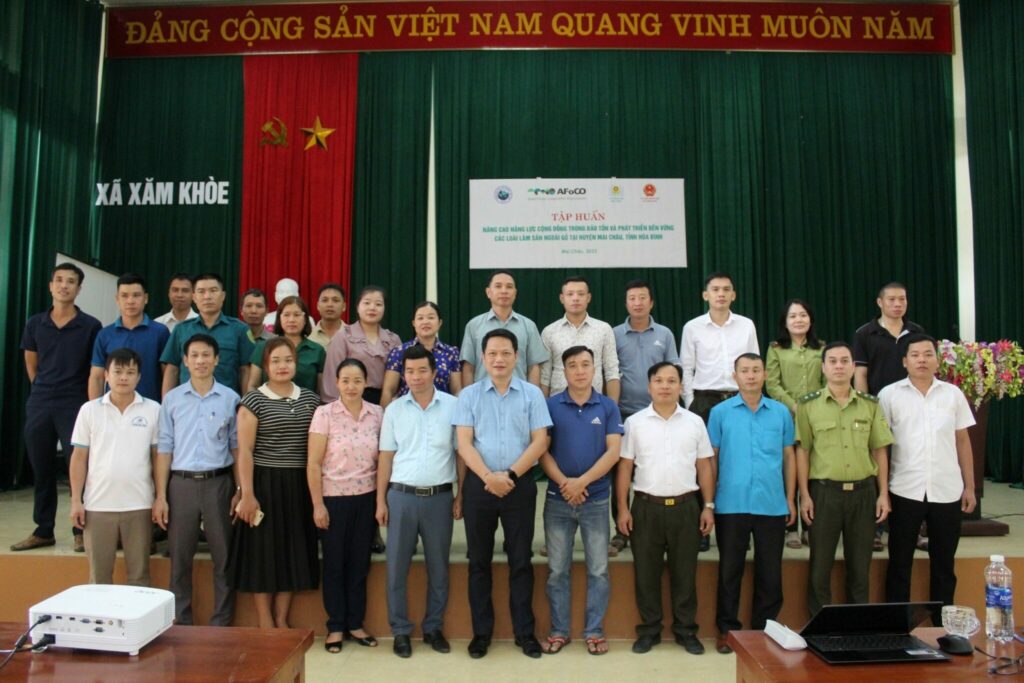Background
Non-timber forest products (NTFPs) are known as multi-benefit products for farmers. NTFPs contribute to not only increasing income for people associated with forests, but also improving forest ecosystems and biodiversity. In the context of the global trend in adaptation to climate change and halting the impact to the natural forests, NTFPs are increasing playing a significant role in reduce pressures on this kind of forest.
It’s predicted that the NTFPs in Vietnam has the potential for development in both domestic and export markets. However, planting NTFP in Vietnam has been carried out on a small, fragmented and spontaneous scale. Besides, techniques for breeding and planting NTFP are generally out-of-date and following previous experiences. Most NTFP varieties are of local origin with low quality and uncontrollable, leading to the low quality of NTFP products. Therefore, it is difficult to create a large scale of NTFPs production from the plantation, processing and consumption. As a result, NTFP production has not been as effective as expected.
Goals and Objectives
The overall objective of the training program is to strengthen capacity of local communities, including women and ethnic groups, in conservation and sustainable development of NTFP species, greatly contributing to forest and environment protection, biodiversity conservation and livelihood improvement. The detailed objectives are as follows:
- To enhance the capacity of local communities by improving their knowledge and skills in the conservation and sustainable development of non-timber forest products (NTFPs).
- To elevate the involvement and impact of women and ethnic/vulnerable groups in the conservation and sustainable development of NTFPs, recognizing their crucial role in these processes.
- To make a significant contribution to environmental protection and the improvement of livelihoods through these efforts in conservation and sustainable development.


Project Outputs
Comprehensive Training Modules: The training program comprised two courses with one theoretical day and one day for practical exercises and/or field-trip. The courses were designated to suite each target groups. They are the farmers associated with forest and the local managers at provincial, district and commune level, and social – political organizations and unions (Woman’s Union, Farmer’s Union, Youth Union, etc.)
Wider Participation: With the desire that all local management entities and local farmers associated with forest could have opportunities to enhance their capacity and knowledge on sustainable development of NTFPs, 50 local people of Xam Khoe and nearby communes belong to Mai Chau district, Hoa Binh province, Vietnam were participated in the training program. They are the farmers associated with forest or the local managers at provincial, district and commune level, and social – political organizations and unions, such as Woman’s Union, Farmer’s Union, Youth Union, etc. Among them, women and ethnic minorities received special attention from the organizers.

Training Feedback
In general, the training courses were evaluated effectively, which received a lot of attention from the trainees with 100% of them voted as “interested and very interested in the training topics”. There were up to 80% of the participants said that they would apply the received knowledge to their work. Regarding the contents, topics and presentations of the courses, they were evaluated well to meet the trainees’ requirements. Especially, the lecturers were highly rated with over 84% of the trainees as very good. They preferred the practical lesson because it was very practical and meaningful for their work. In terms of knowledge acquirement, due to the well-preparation to suit the target audiences, the majority of participants assessed that they could completely understand the knowledge. There were very few trainees said that they only understood a part of their knowledge. Moreover, they seemed to acquire the lessons on technical planting and practice better than the topic on the overview of NTFPs.
This Report Article Contributed by Hoang Nguyen Viet Hoa, Vietnamese Academy of Forest Sciences in Viet Nam

